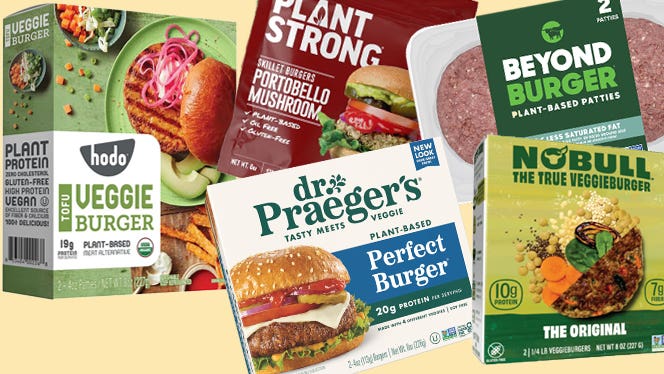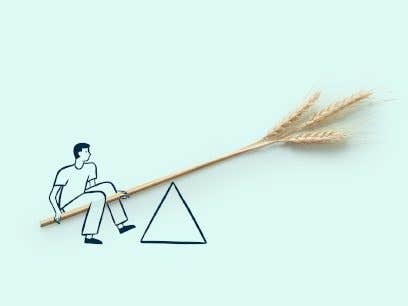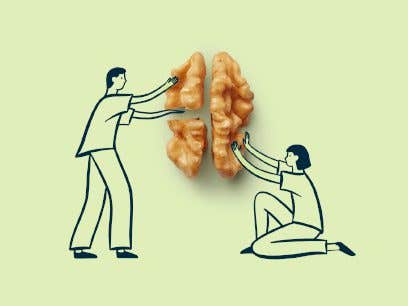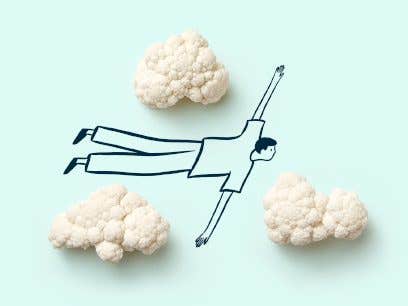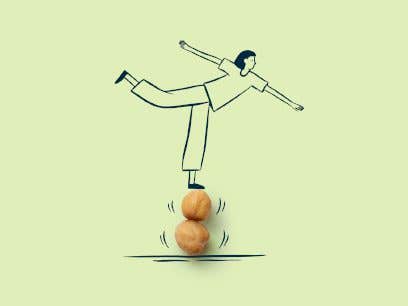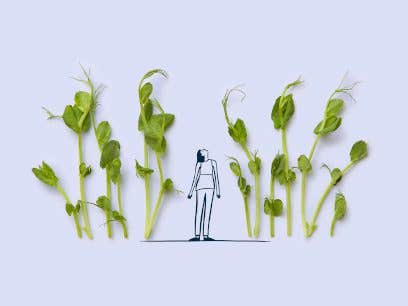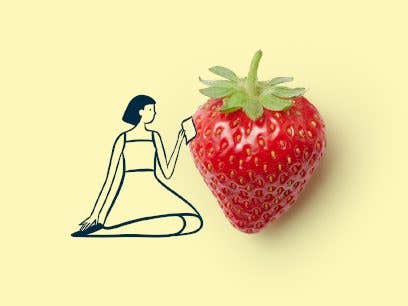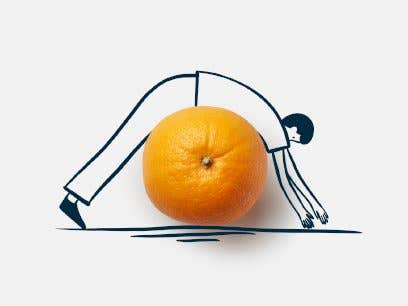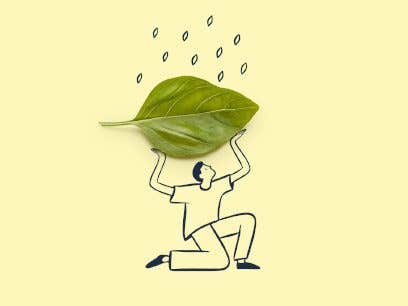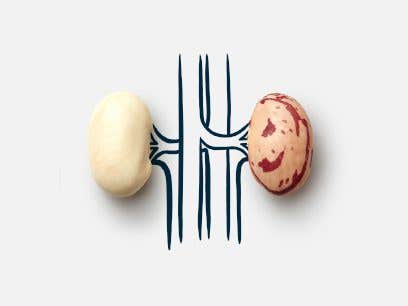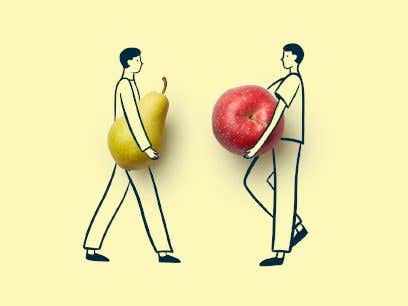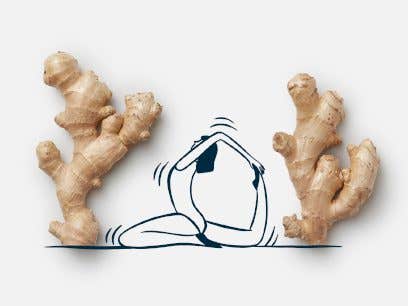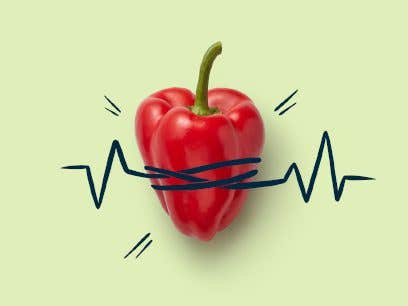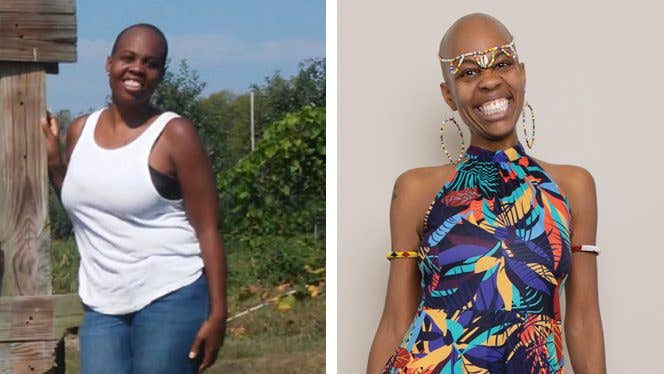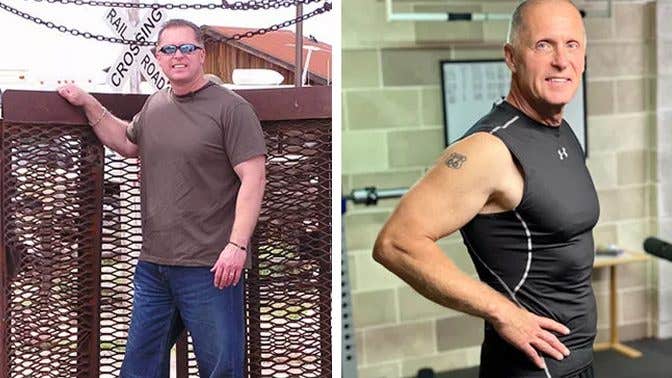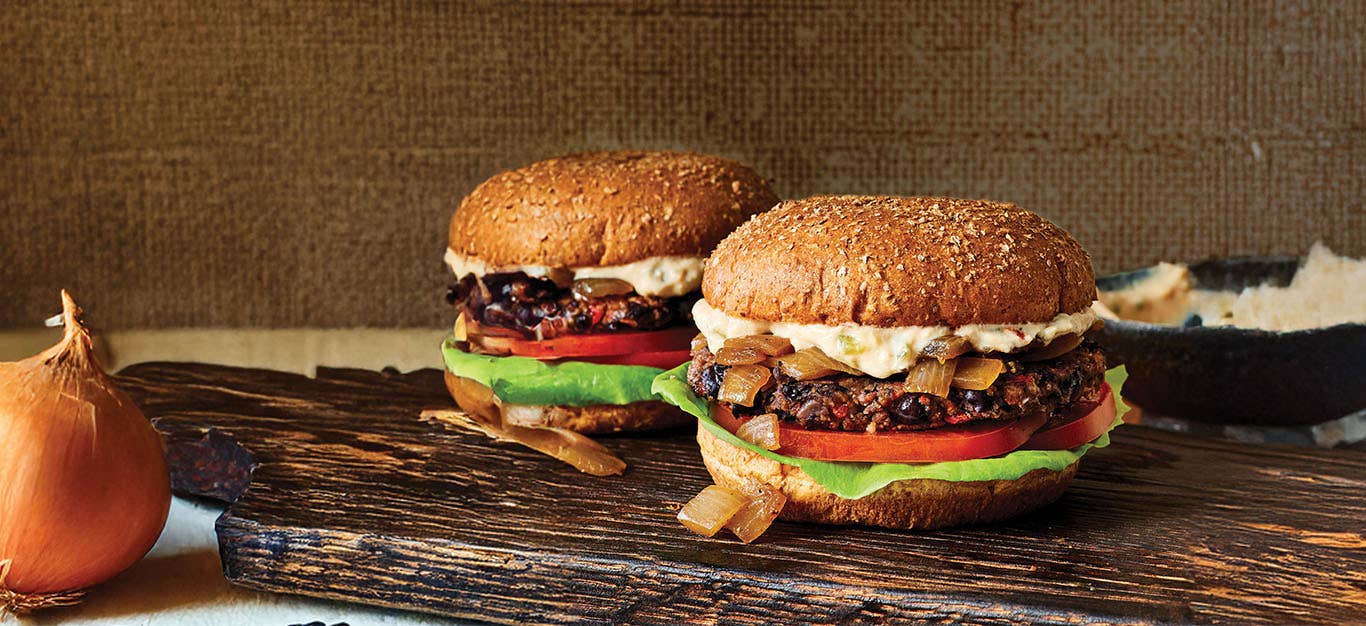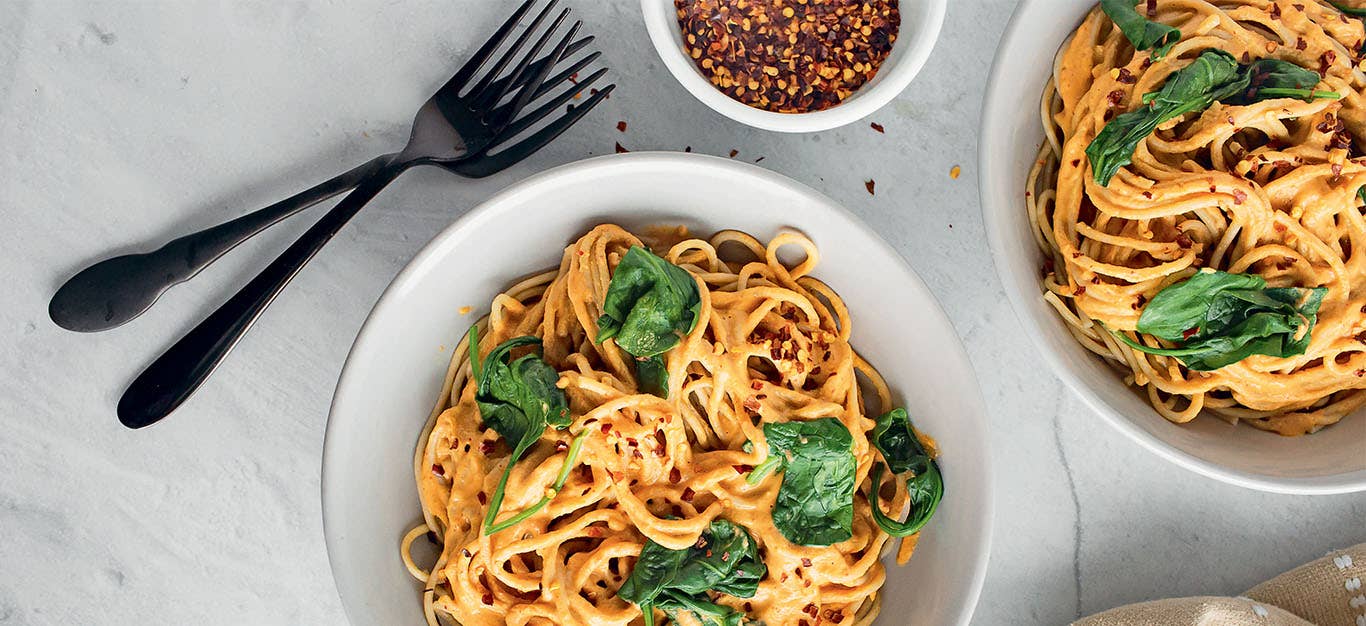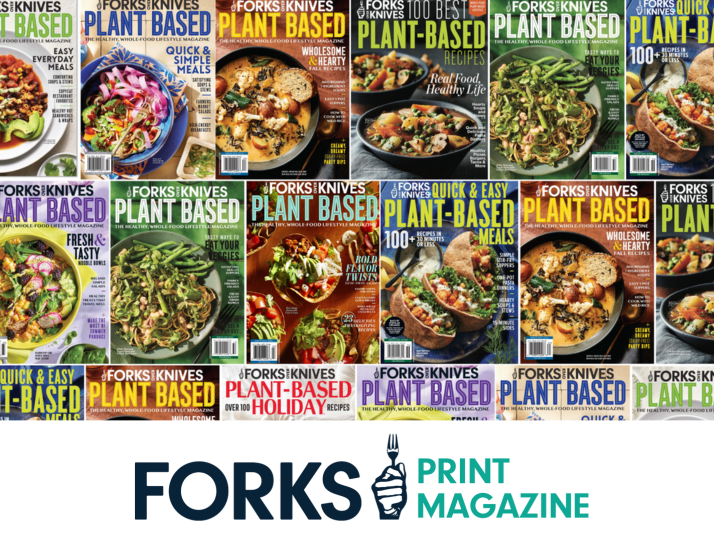EMPOWERING PEOPLE TO LIVE HEALTHIER LIVES THROUGH WHOLE-FOOD, PLANT-BASED NUTRITION

Grads & Dads Gift Guide!
Whether you're celebrating a devoted dad, a freshly minted grad, or both, we've rounded up some of our favorite Father’s Day gifts and other thoughtful presents for the plant-powered people in your life.
TRENDING NOW ON FORKS OVER KNIVES
BROWSE MORE RECIPES
All RecipesAmazing Grains RecipesForks Flex RecipesLunches and DinnersSidesVegan Baked & Stuffed RecipesVegan Breakfast RecipesVegan Burgers & Wrap RecipesVegan Dessert RecipesVegan Menus & CollectionsVegan Noodles & Pasta RecipesVegan Salads & Side Dish RecipesVegan Sauces & Condiment RecipesVegan Snacks & Appetizer RecipesVegan Soups & Stew Recipes
Join our mailing list
Get delicious recipes, expert health advice, culinary tips and special offers from Forks Over Knives and our curated partners.
By providing your email address, you consent to receive newsletter emails from Forks Over Knives. We value your privacy and will keep your email address safe. You may unsubscribe from our emails at any time.

